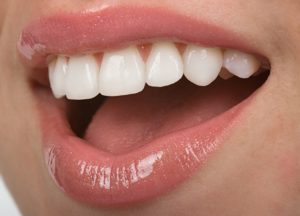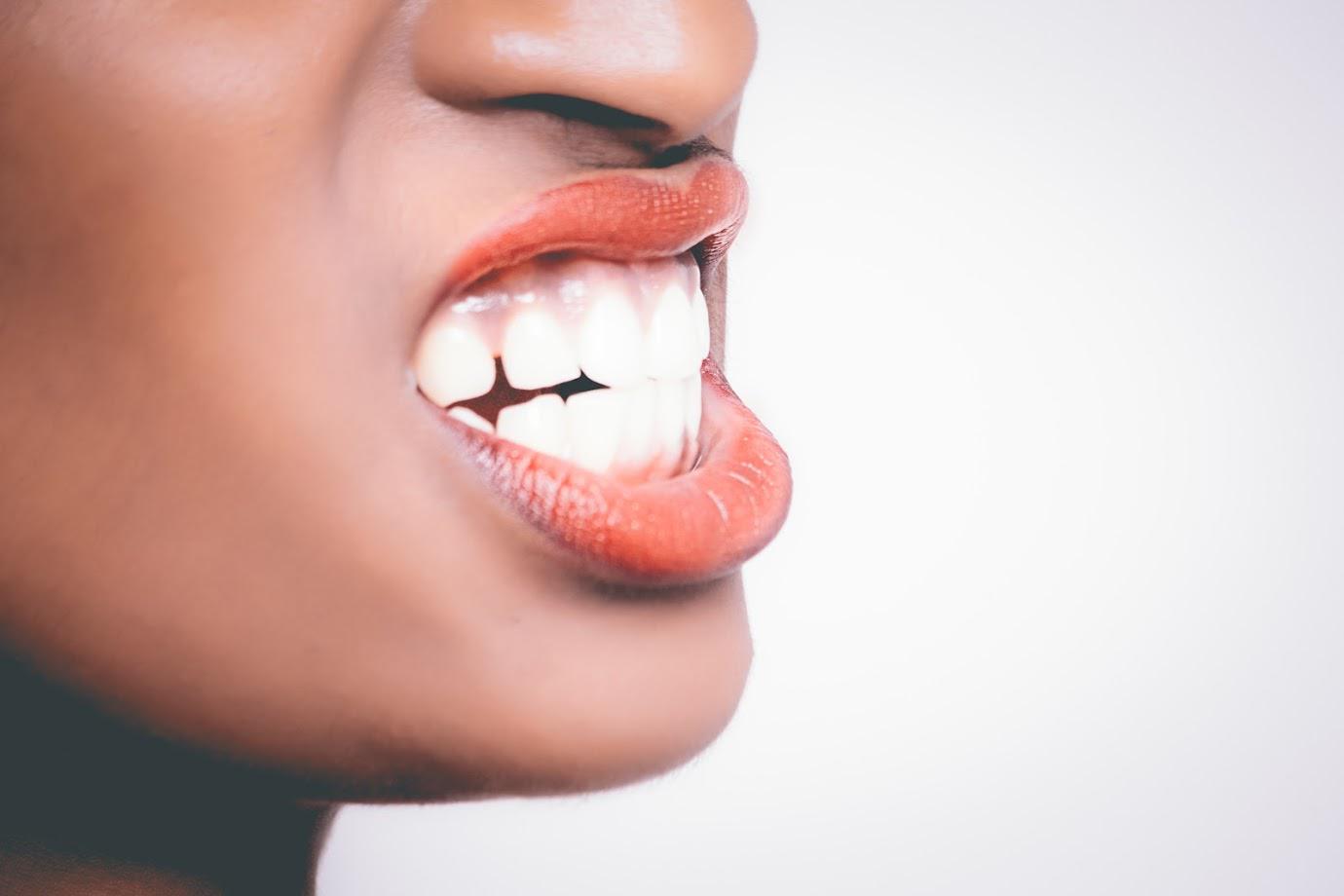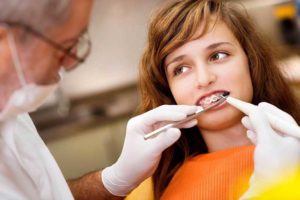How Tobacco Use Affects Your Oral Health

Tobacco use is not only bad for your overall health, but it also increases your chance of tooth loss. Tobacco contains several chemicals that directly affect the function and structure of your nerves, blood, and bones. Therefore, you need to be extra diligent about your oral hygiene if you use tobacco products. Here is more information about how tobacco products affect your teeth and other parts of your mouth.
Ways Tobacco Ruins Teeth
No matter how you use tobacco, the substance will have a noticeable effect on your teeth. If you fail to take action, then you may have more serious complications over time. Here are some examples of common tobacco-related problems.
Increased Yellowing
All types of tobacco use leave stains on your teeth. These stains may be difficult to remove without special treatment. Several smoker’s toothpastes and other related products are on the market and may help with this problem. However, if you wait too long to address the problem, the stains could become very deep and possibly permanent.





 Gone are the days when oral piercings were a sign of social deviance. Oral piercings, like tongue rings, have become more popular than ever among the young and trendy. If you have thought about getting a piercing in your tongue, lip, or mouth, know that the piercing can negatively affect your dental health. Read on to find out more about piercings and how to keep your smile sparkling.
Gone are the days when oral piercings were a sign of social deviance. Oral piercings, like tongue rings, have become more popular than ever among the young and trendy. If you have thought about getting a piercing in your tongue, lip, or mouth, know that the piercing can negatively affect your dental health. Read on to find out more about piercings and how to keep your smile sparkling. Easter is a fun time for kids, but not for their teeth. As a parent, you can protect your child’s teeth by following these easy tips and by instituting a few basic Easter-candy rules. Limiting the type of candy your child eats, giving toys instead of chocolate, and giving your child candies that are not as bad for the teeth can all help your child avoid cavities and keep their teeth healthy.
Easter is a fun time for kids, but not for their teeth. As a parent, you can protect your child’s teeth by following these easy tips and by instituting a few basic Easter-candy rules. Limiting the type of candy your child eats, giving toys instead of chocolate, and giving your child candies that are not as bad for the teeth can all help your child avoid cavities and keep their teeth healthy. When your children are small, you make almost all of the decisions about things that affect their health, including their dental health. You decide what they’ll eat, what they’ll wear, when they’ll visit the dentist, and what procedures they need or don’t need.
When your children are small, you make almost all of the decisions about things that affect their health, including their dental health. You decide what they’ll eat, what they’ll wear, when they’ll visit the dentist, and what procedures they need or don’t need.
 Like every other part of your body, teeth are susceptible to accidental injury. Chips, cracks, full tooth loss or intrusion (where the tooth is pushed back up into the gum) can all cause long-term dental health problems, especially if they are not addressed right away.
Like every other part of your body, teeth are susceptible to accidental injury. Chips, cracks, full tooth loss or intrusion (where the tooth is pushed back up into the gum) can all cause long-term dental health problems, especially if they are not addressed right away.